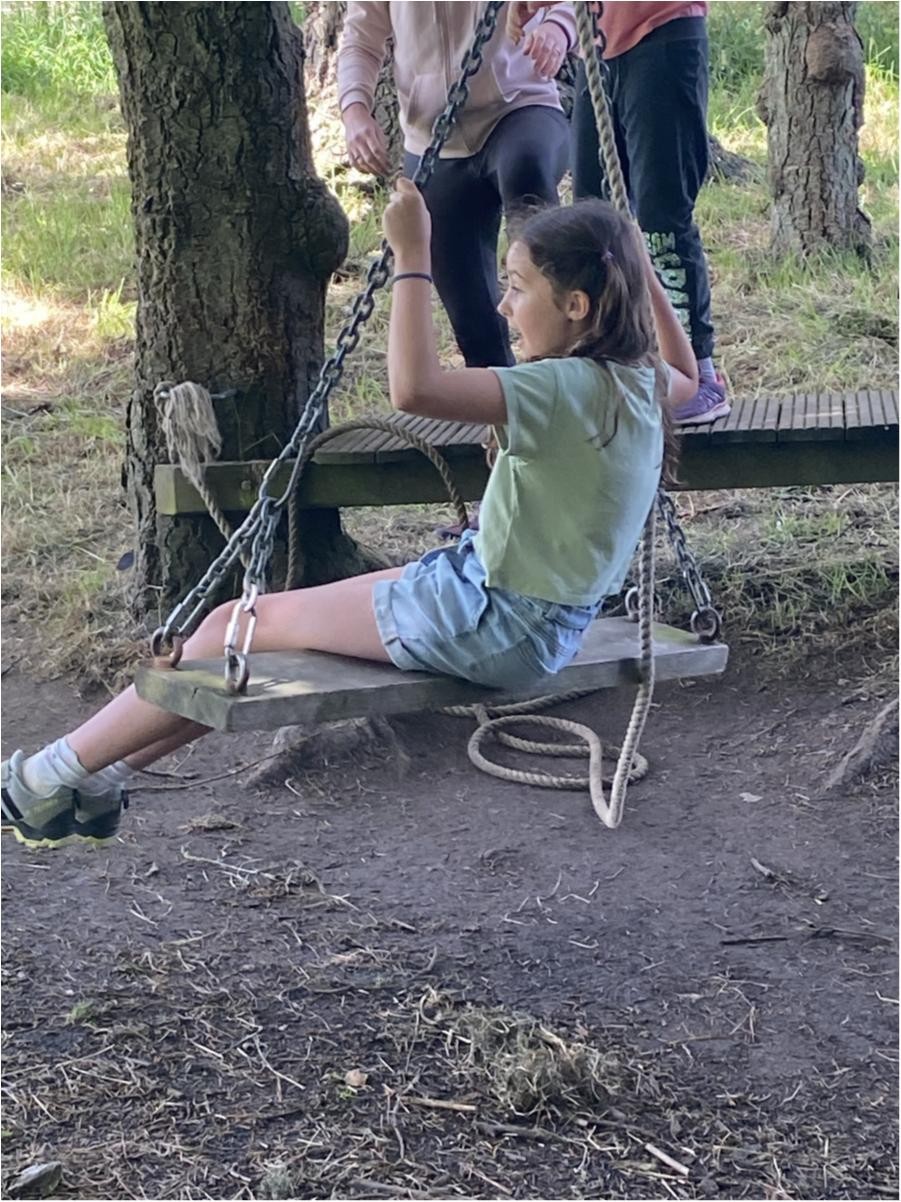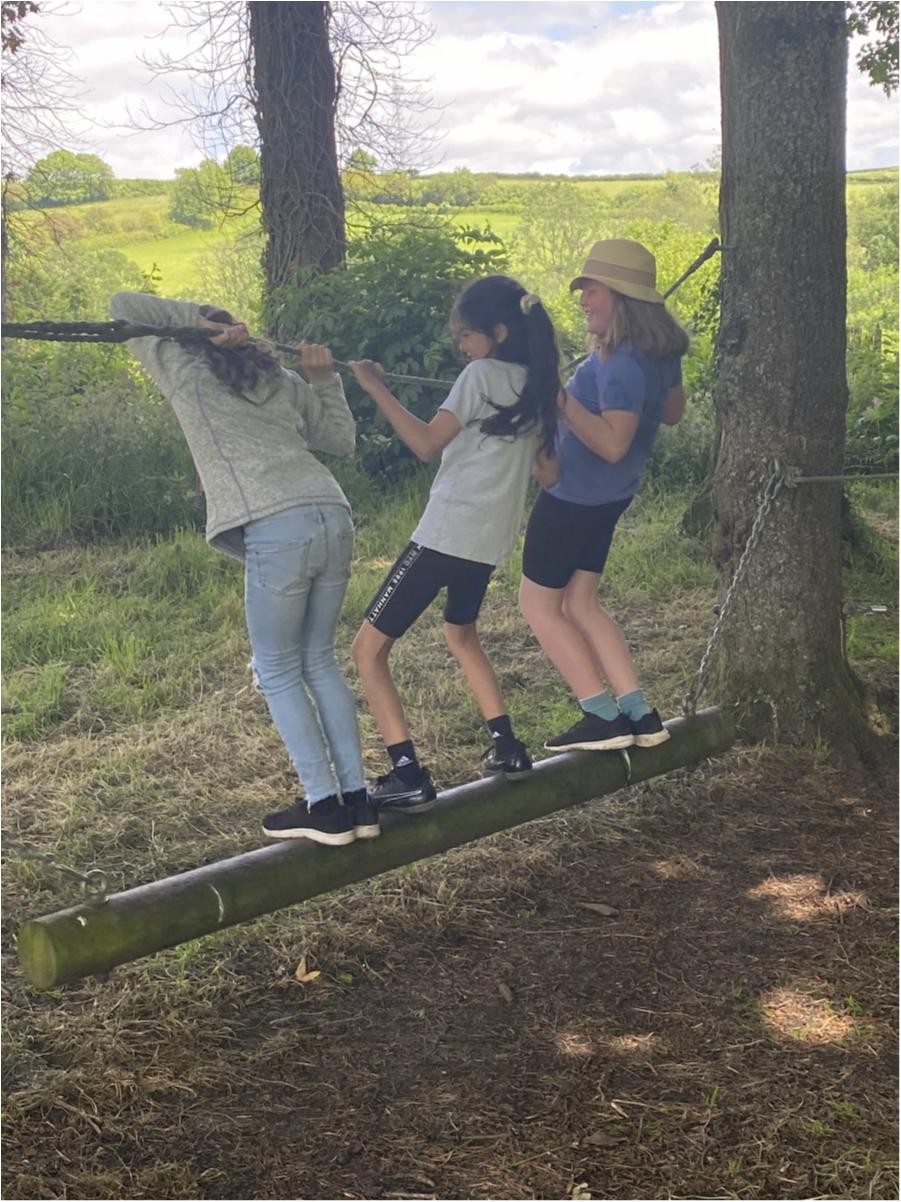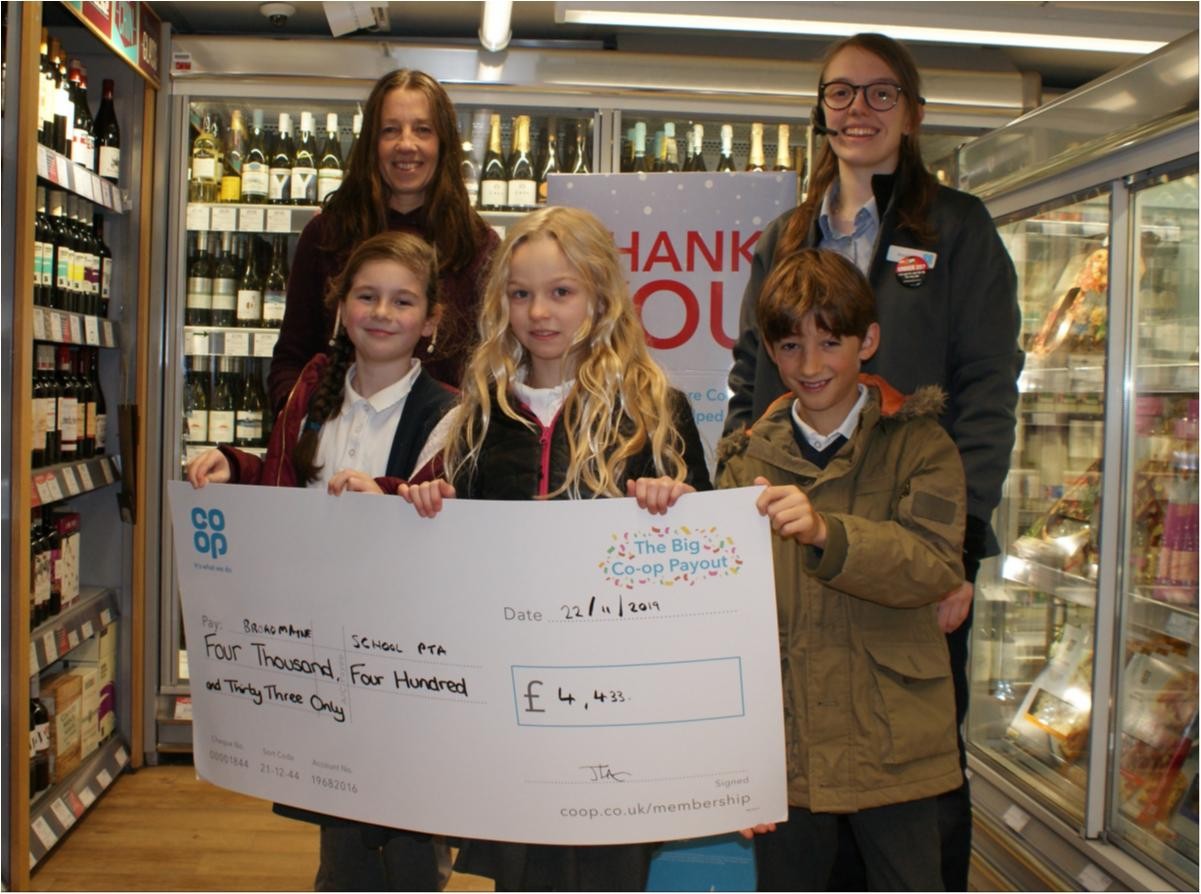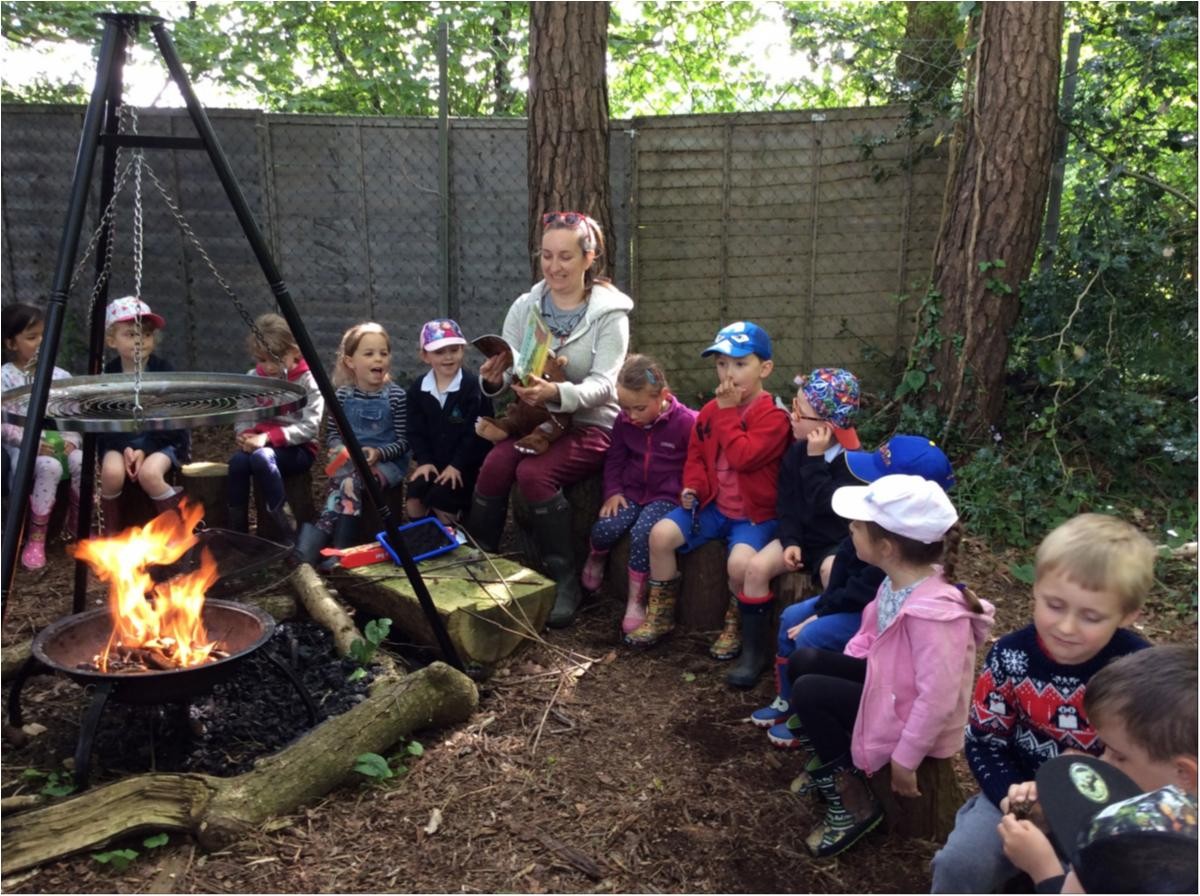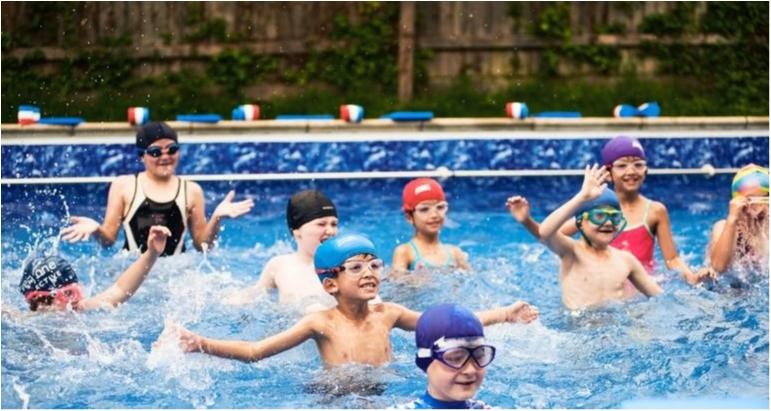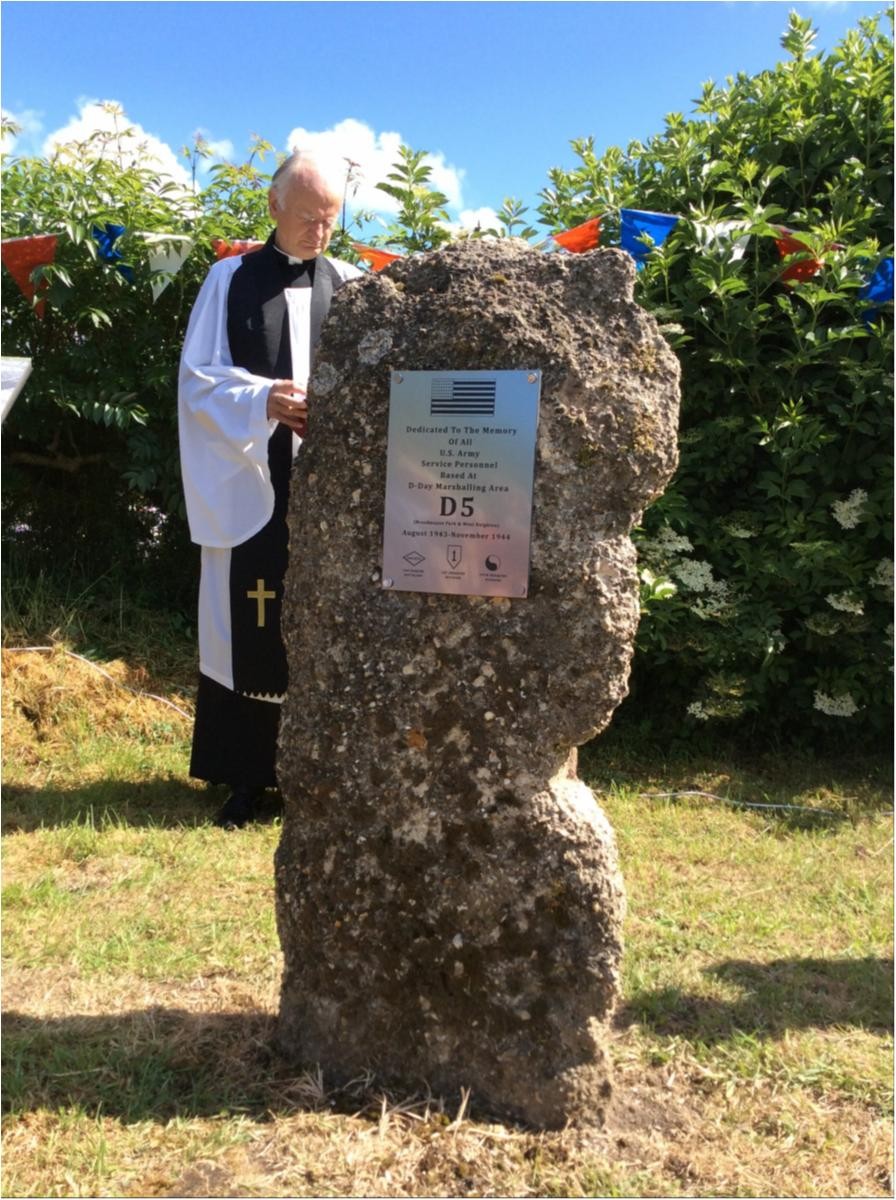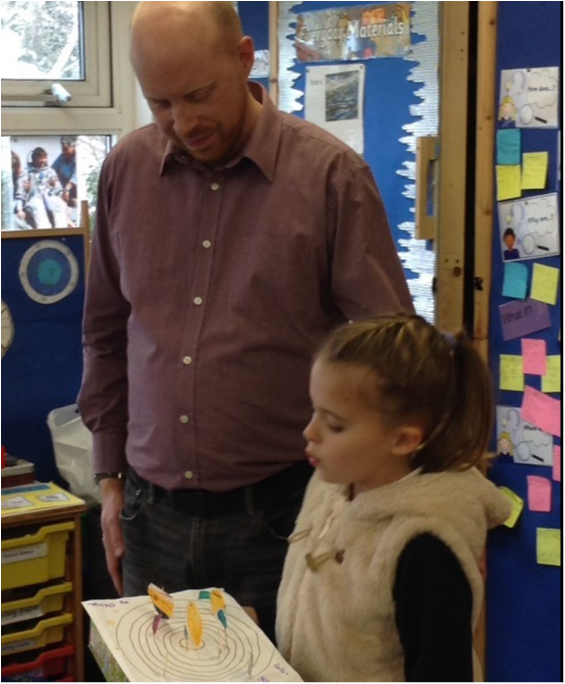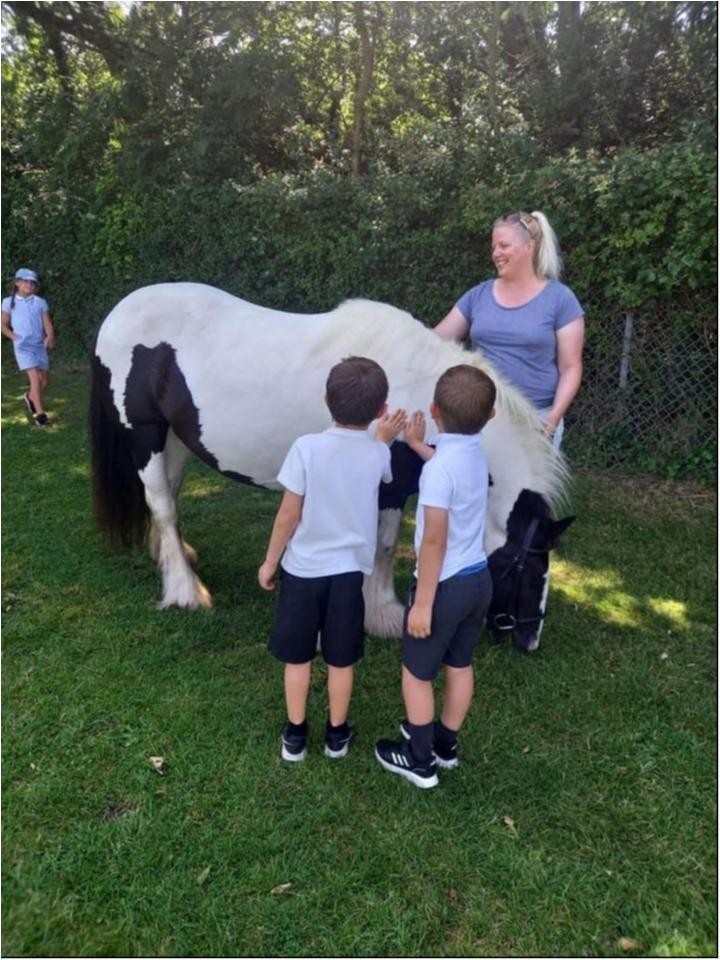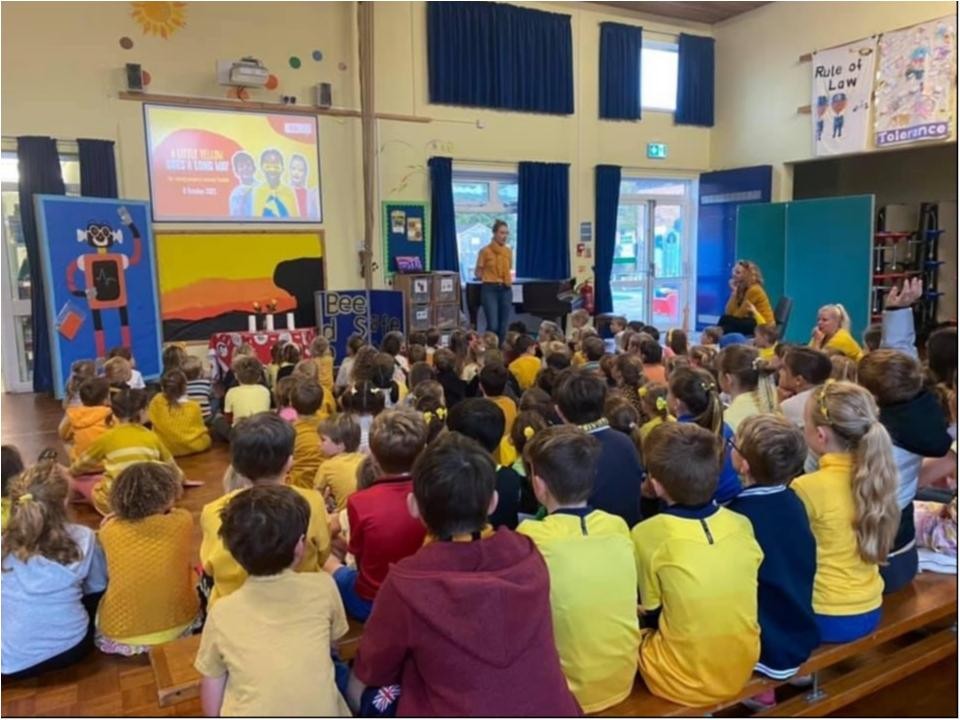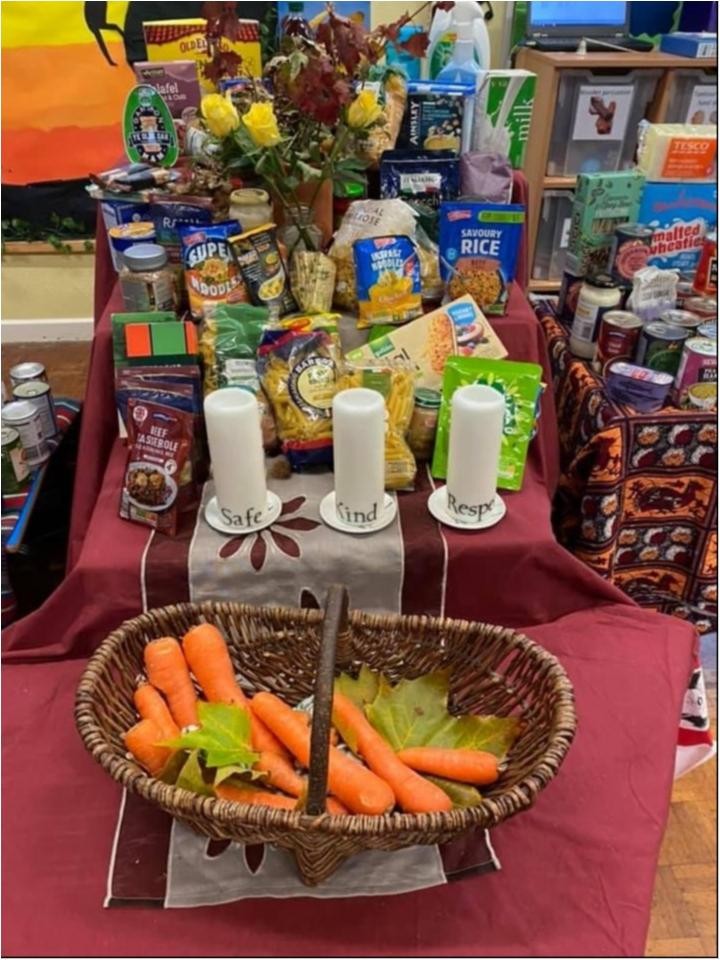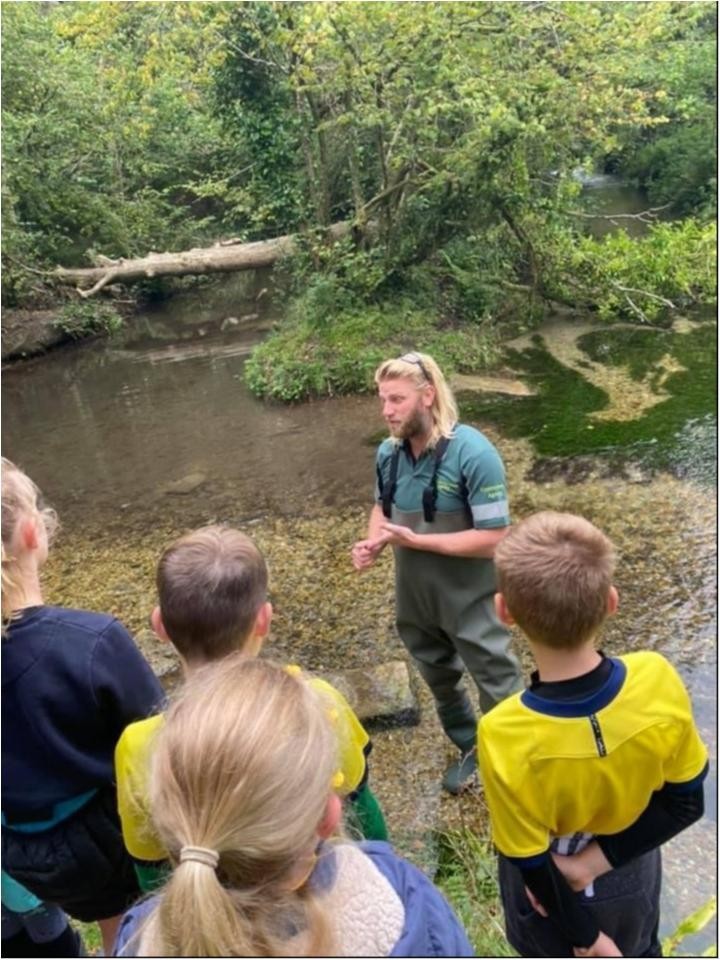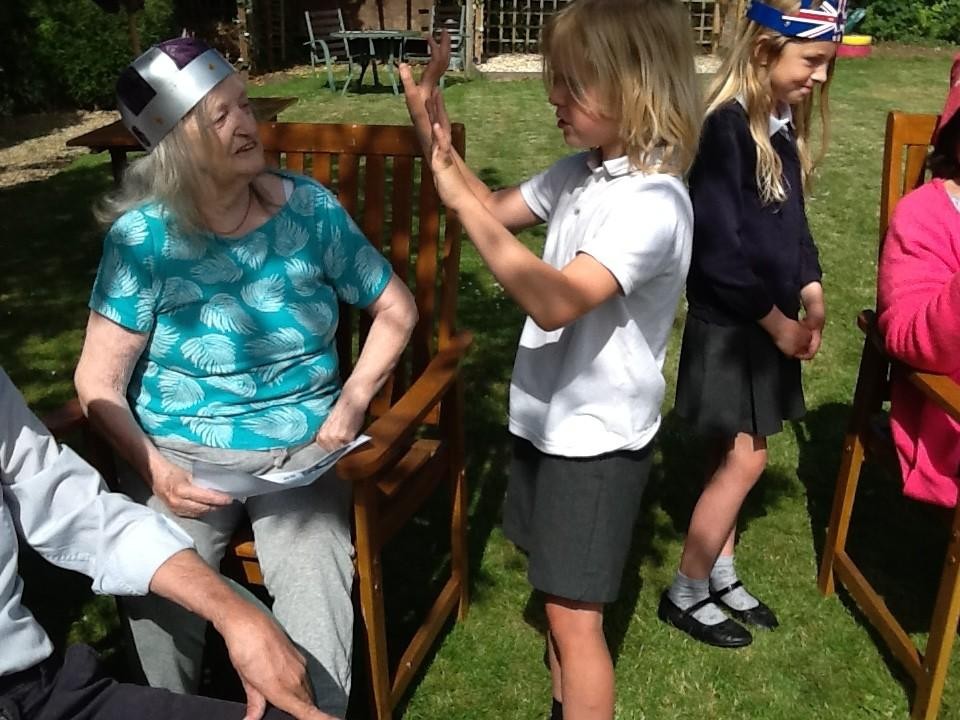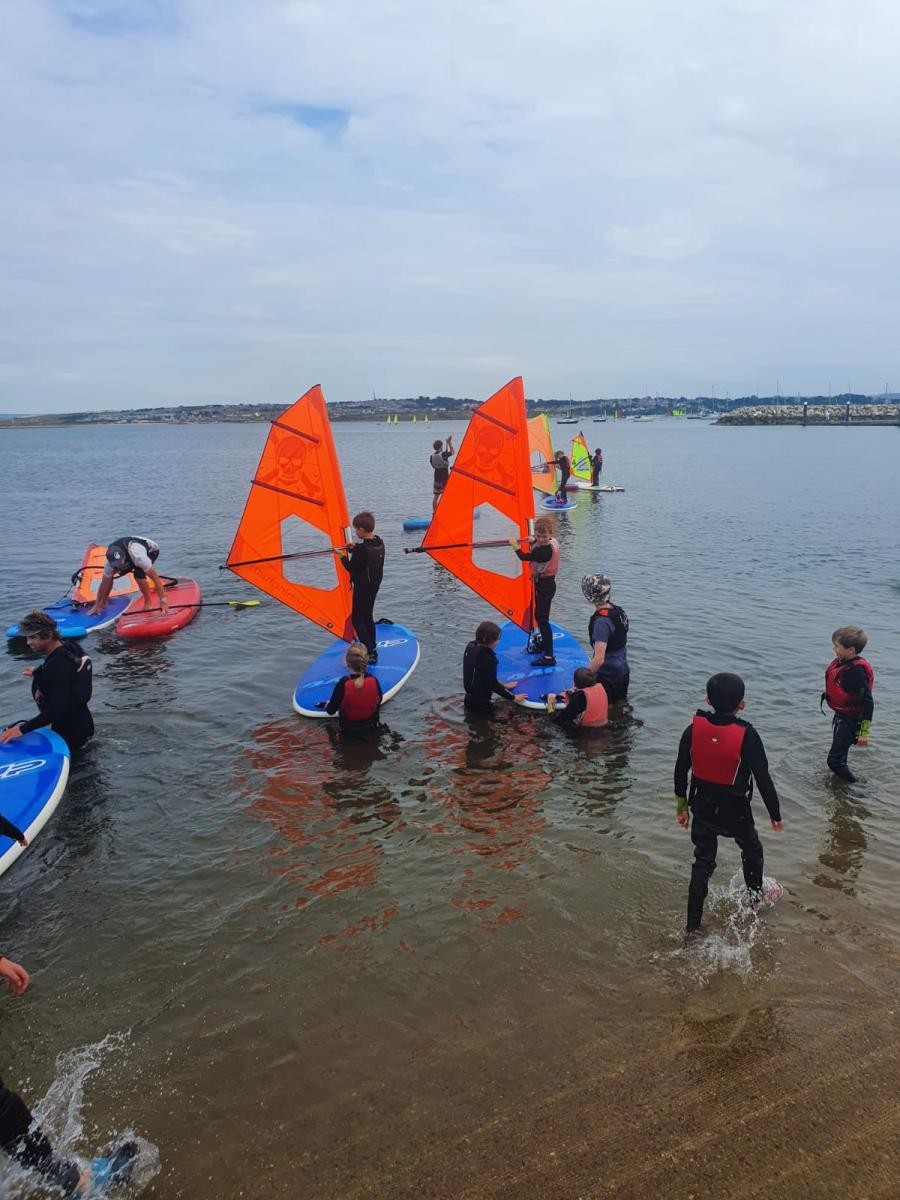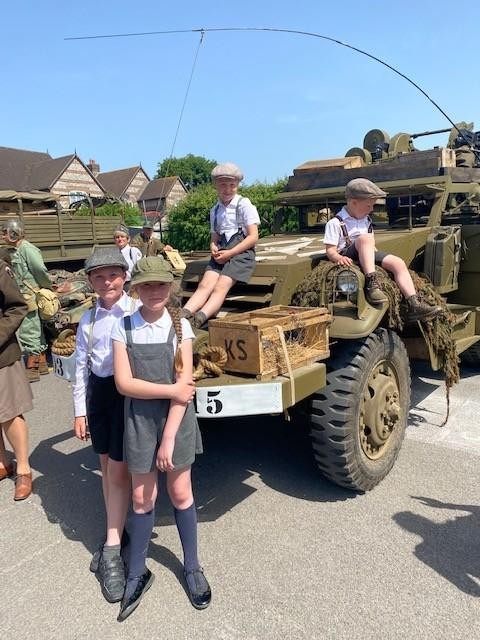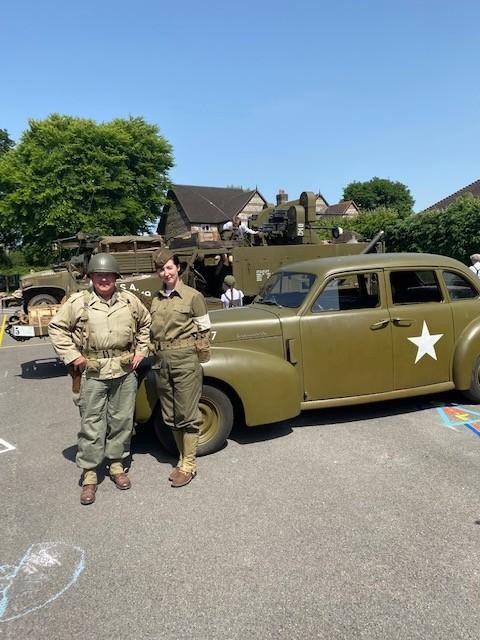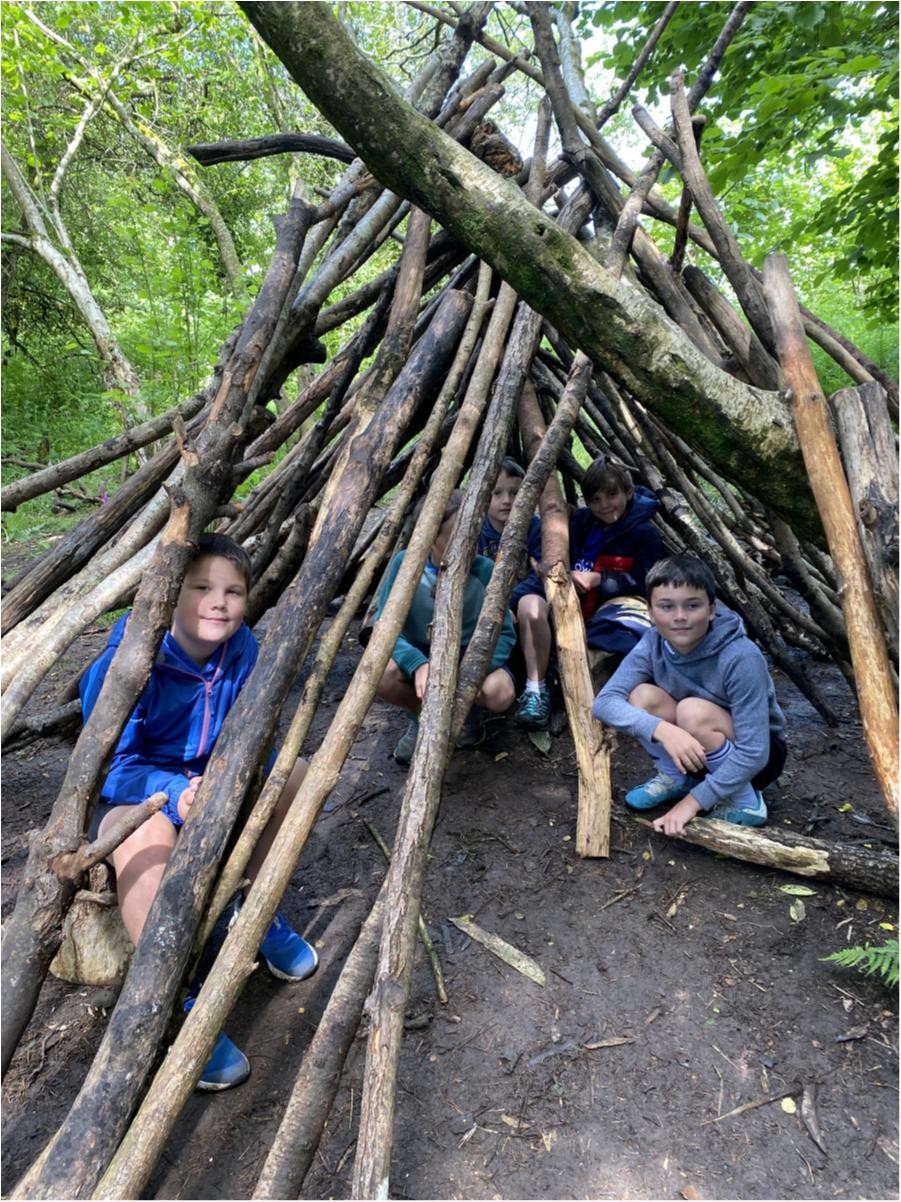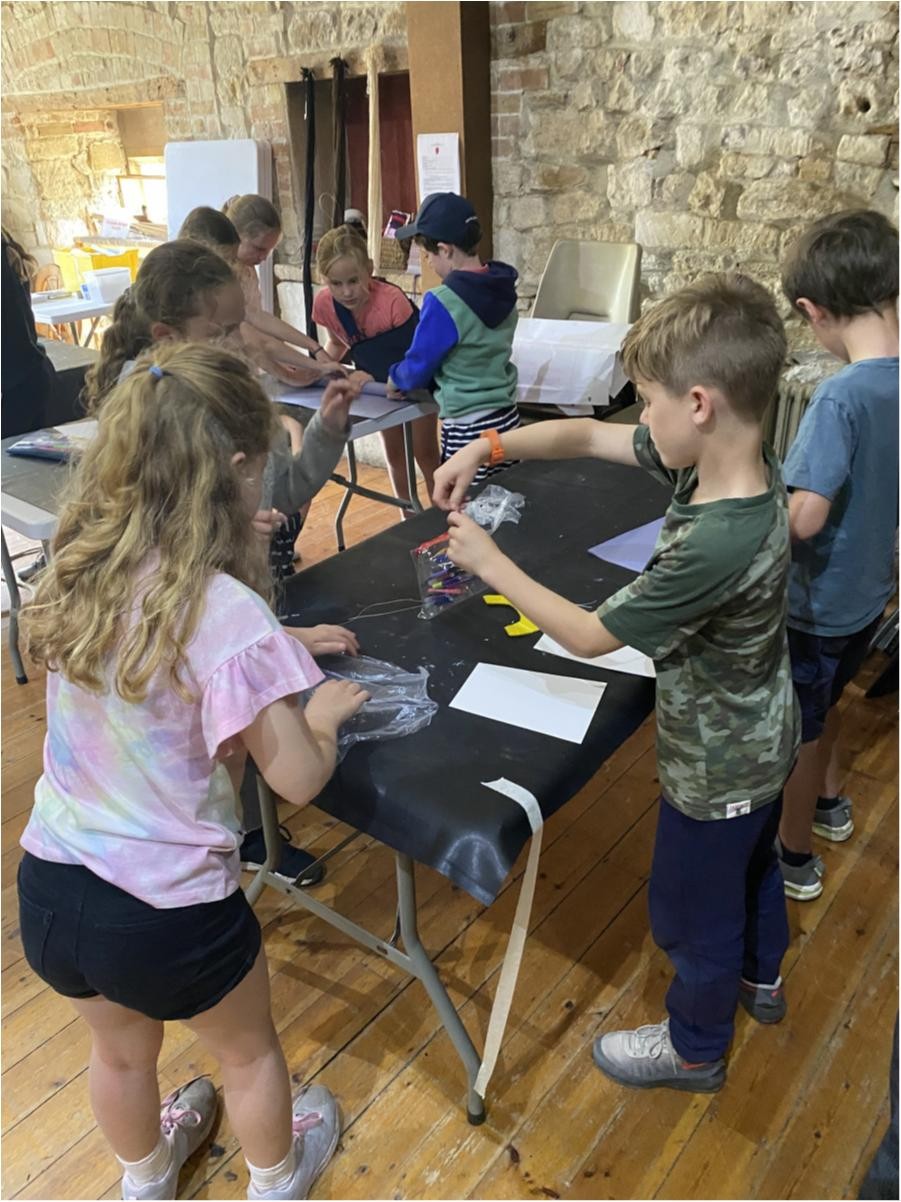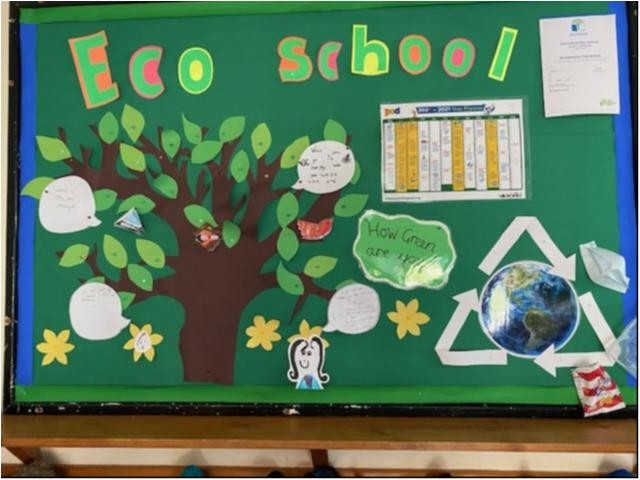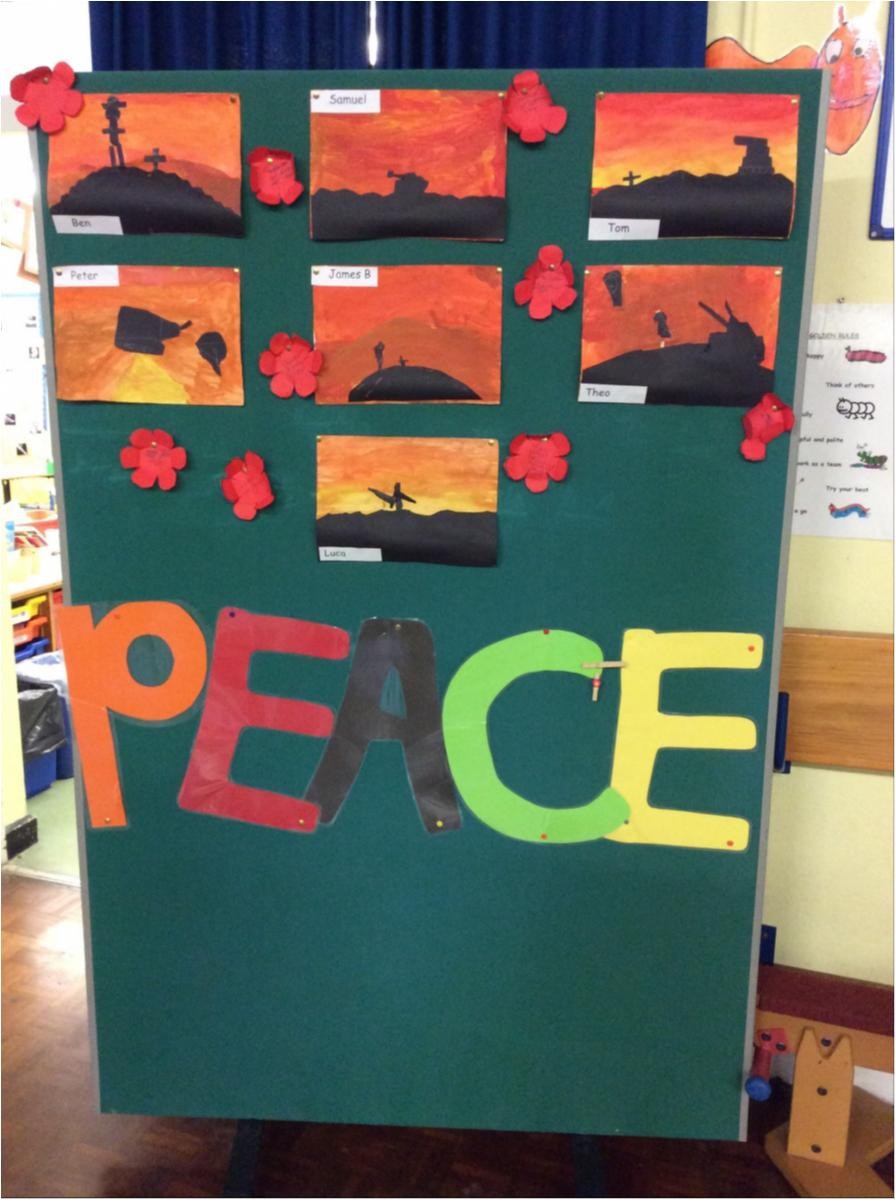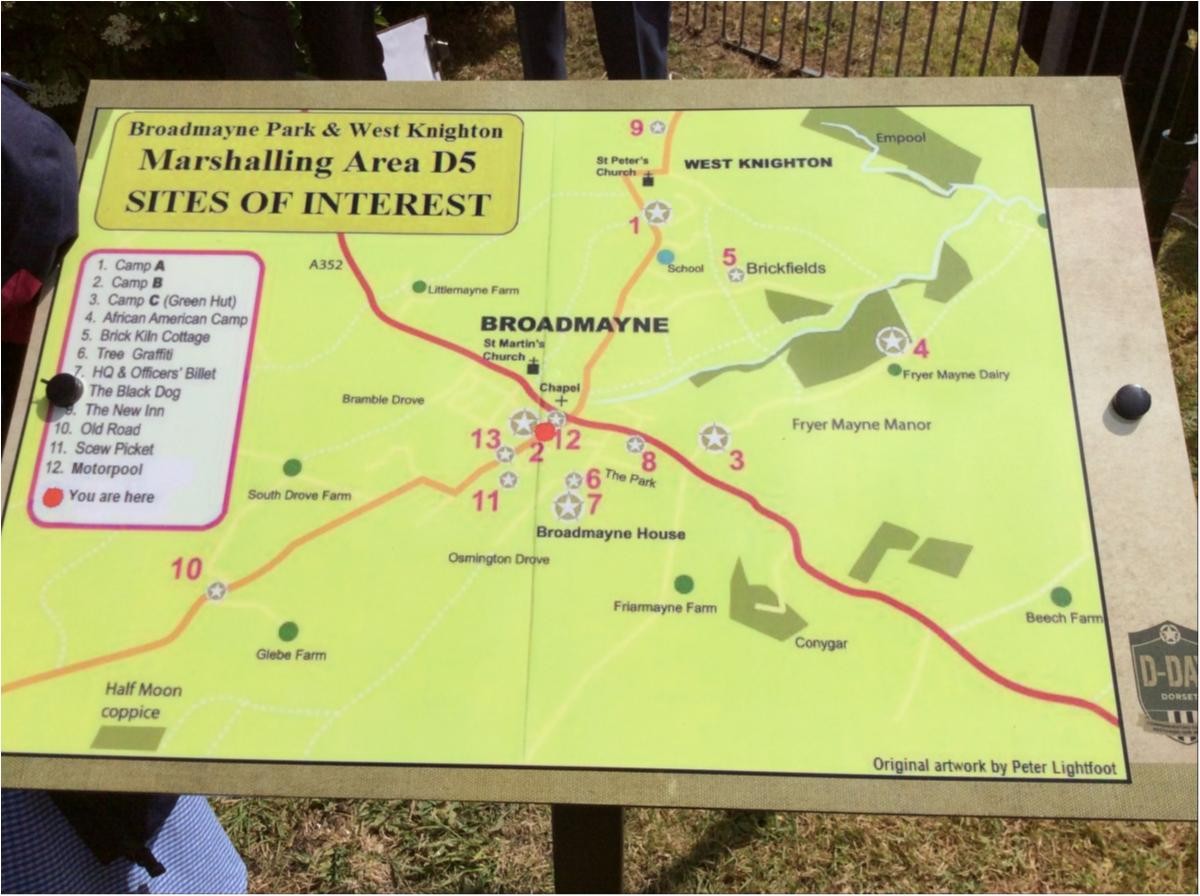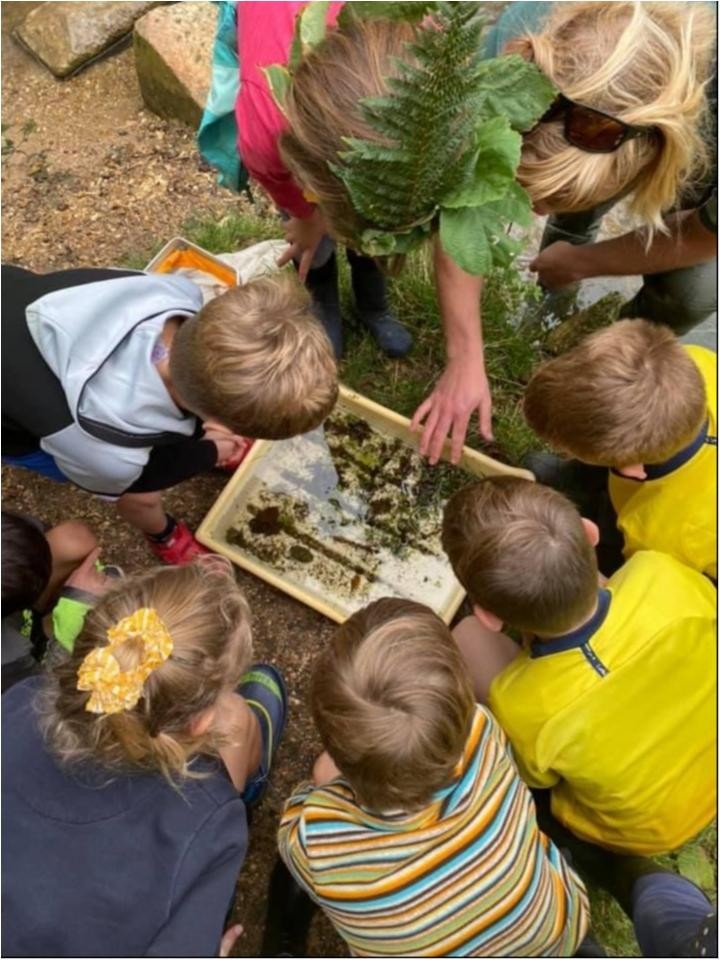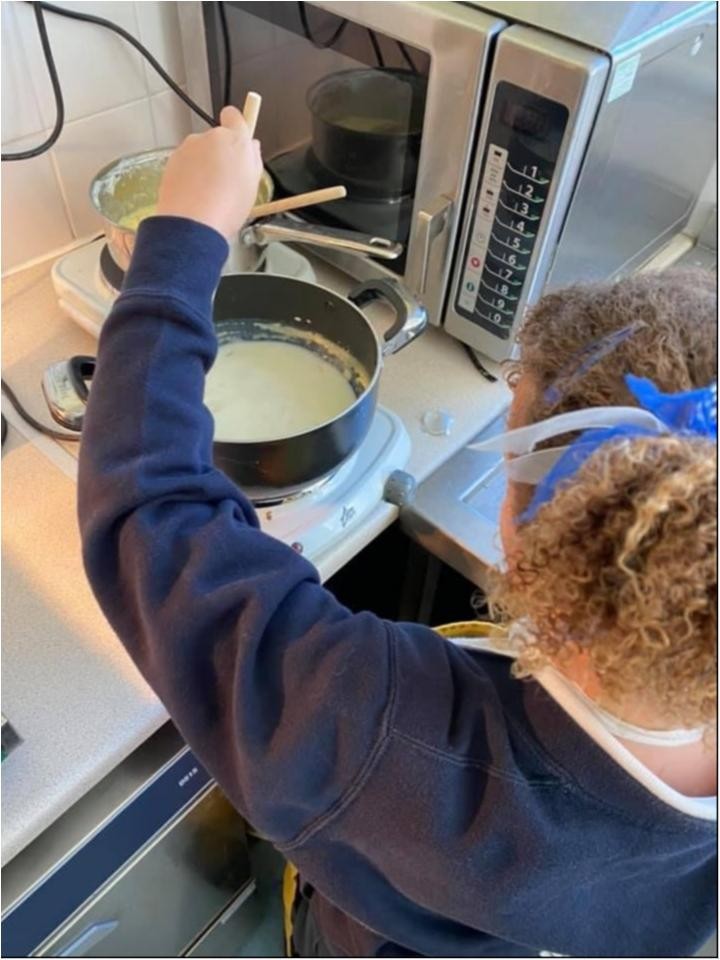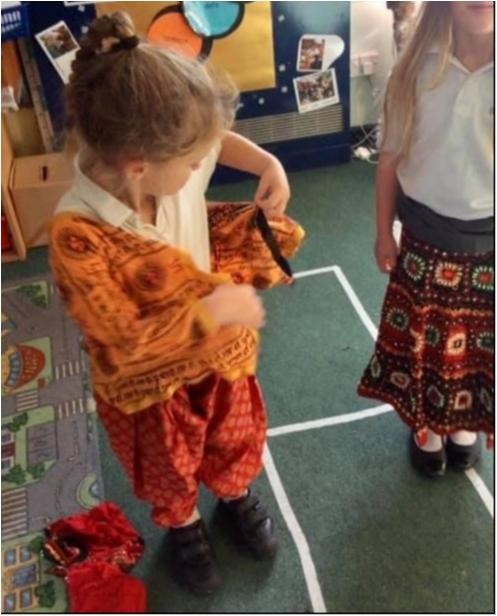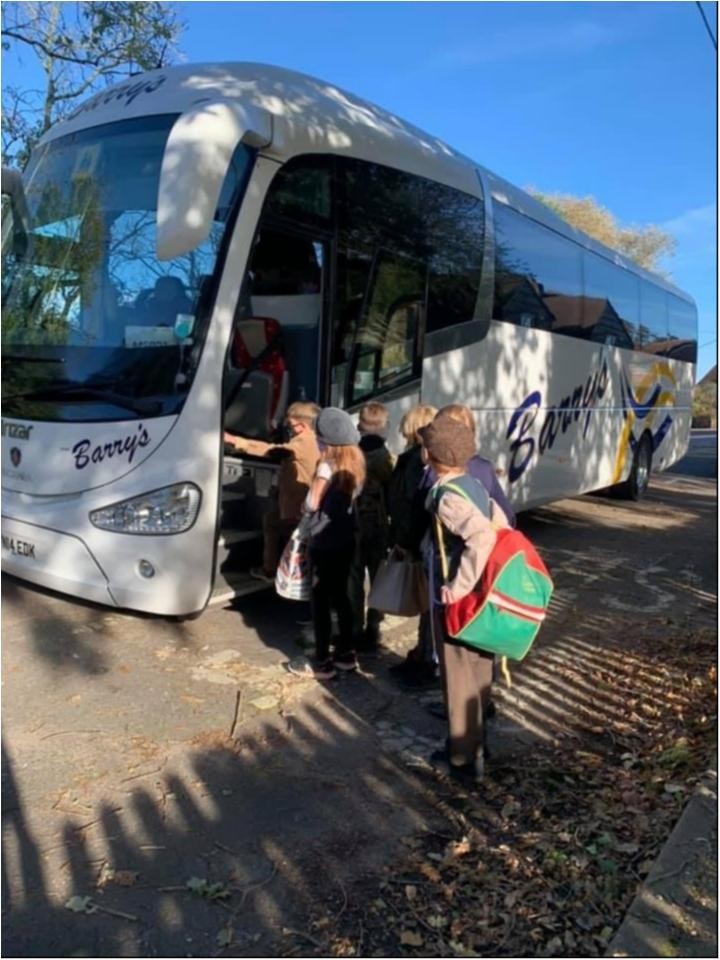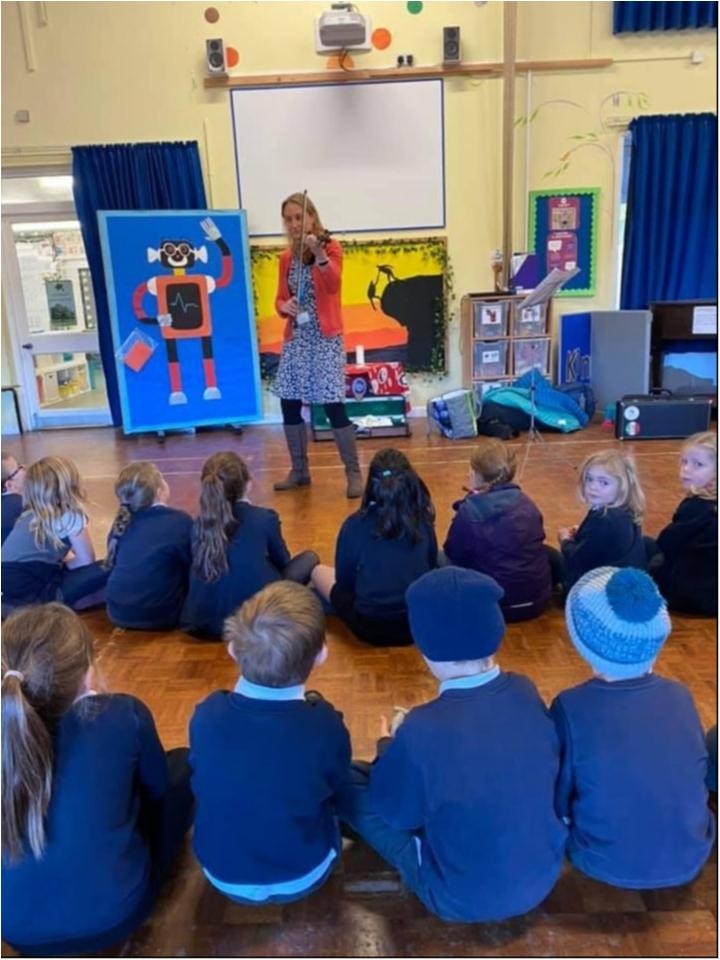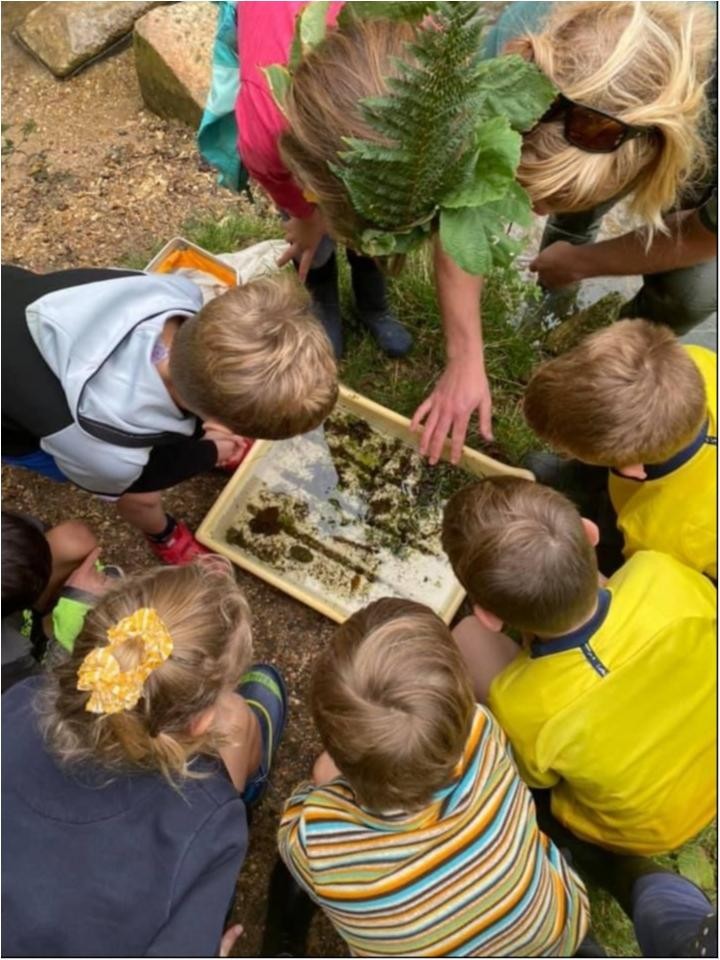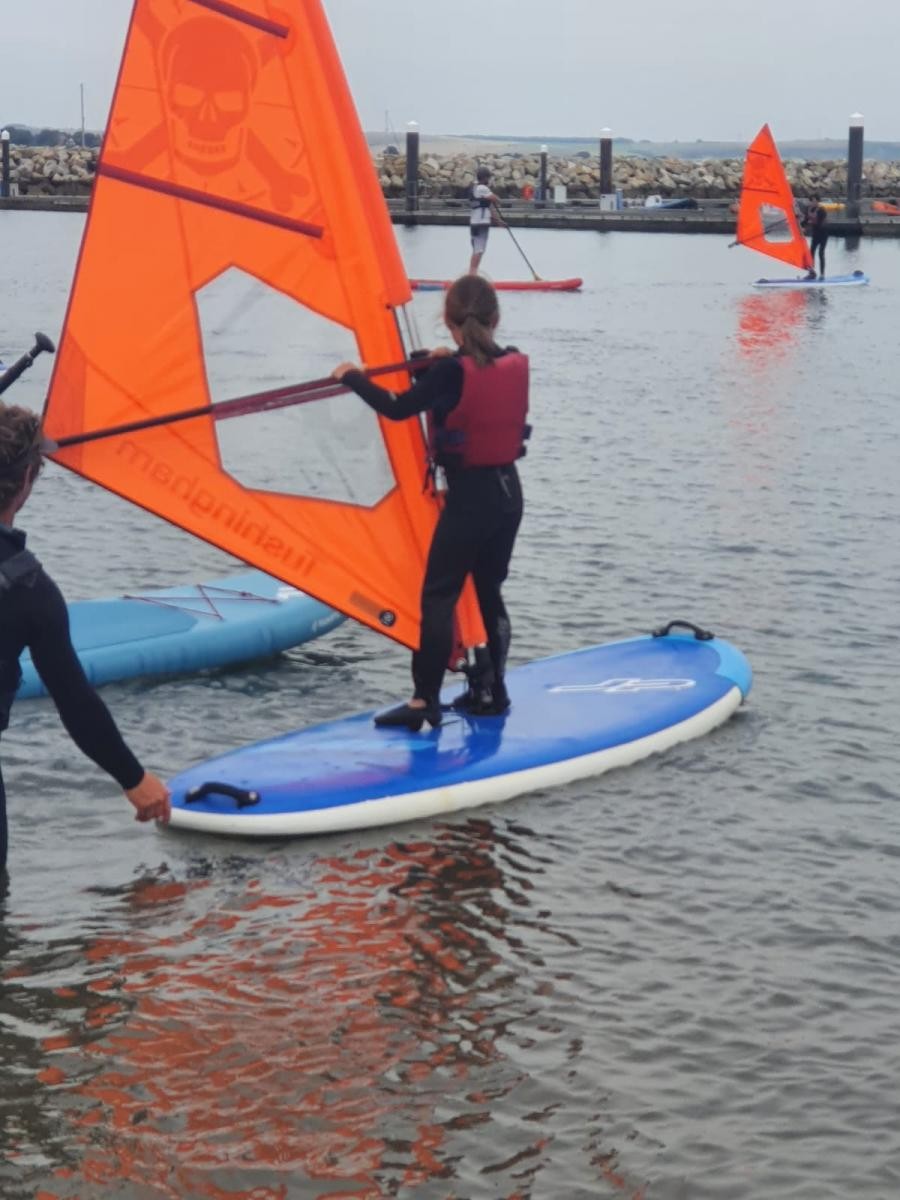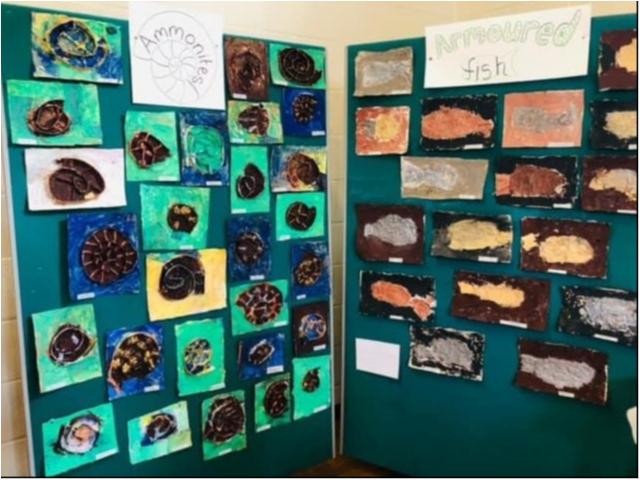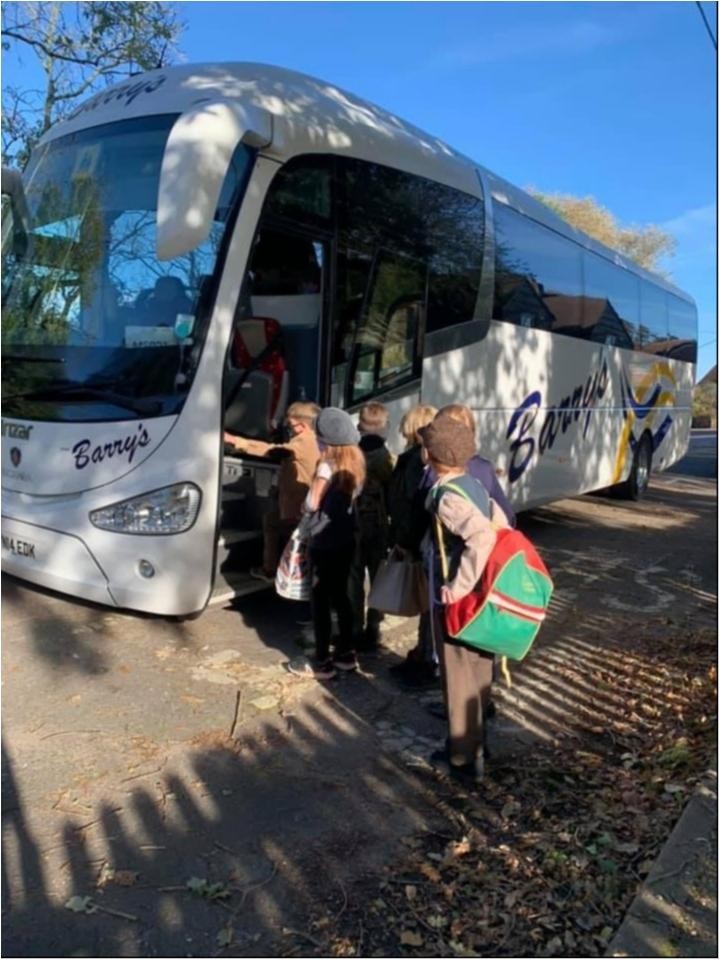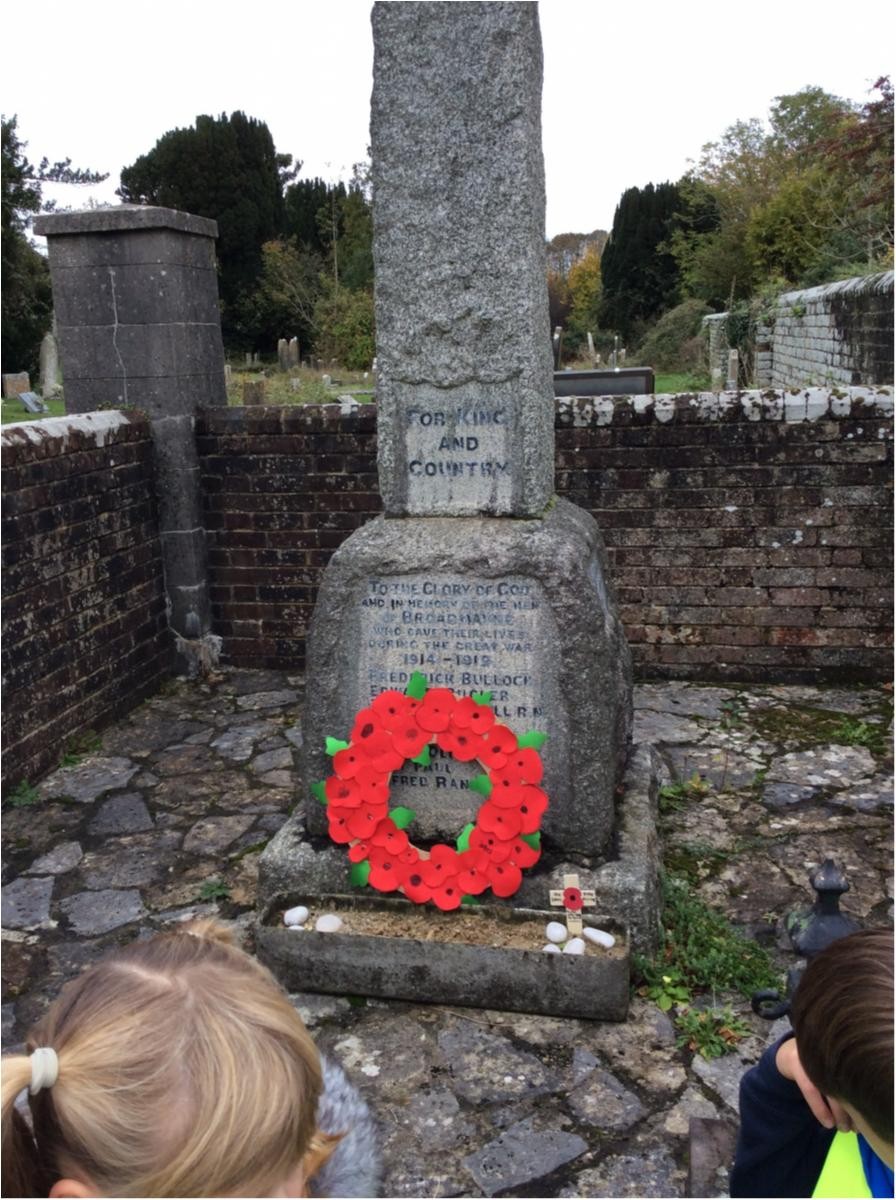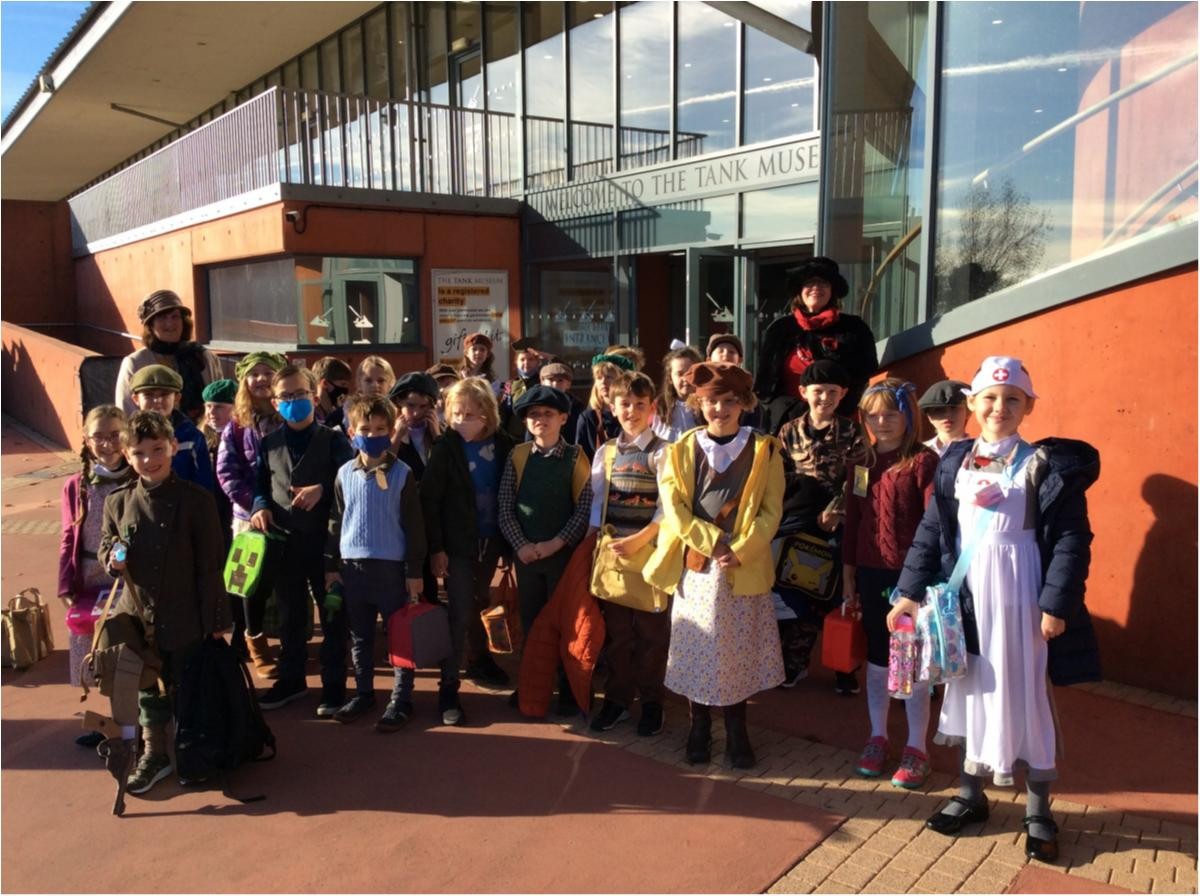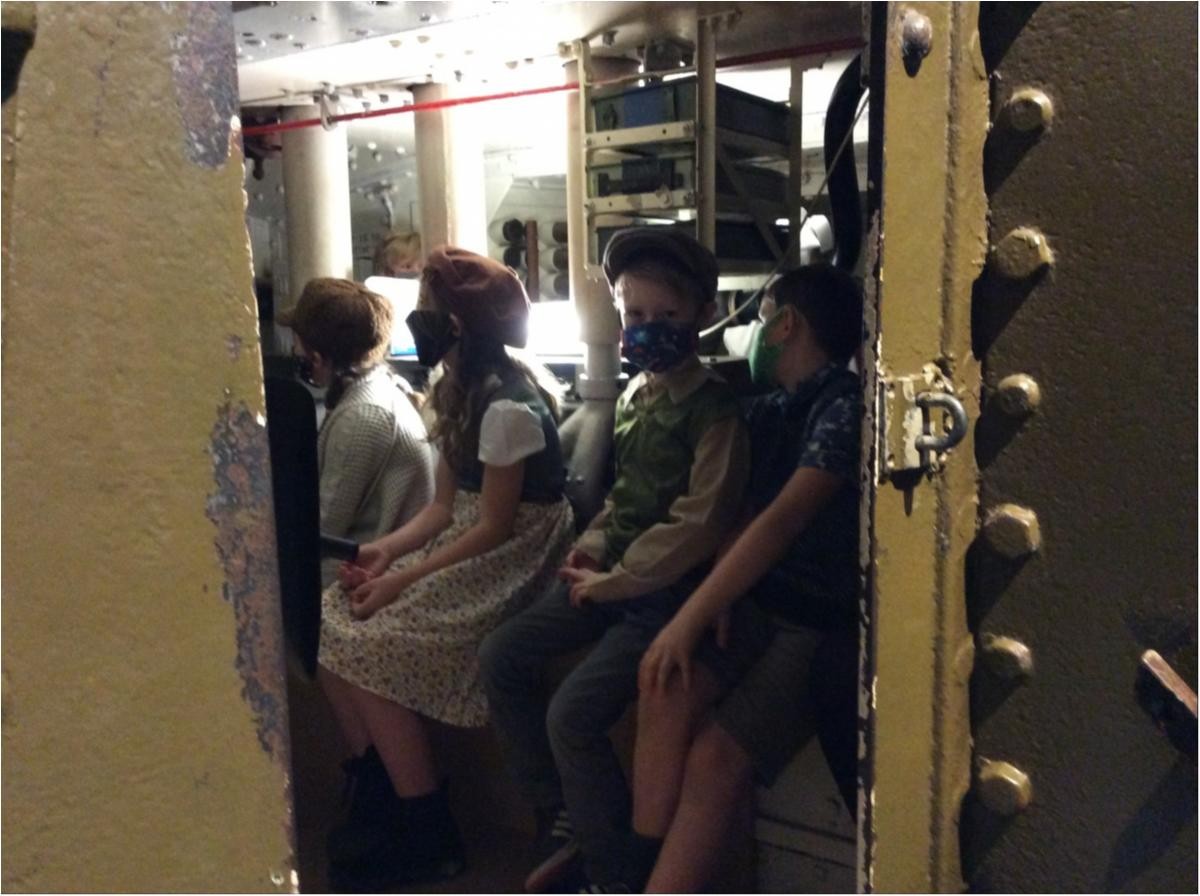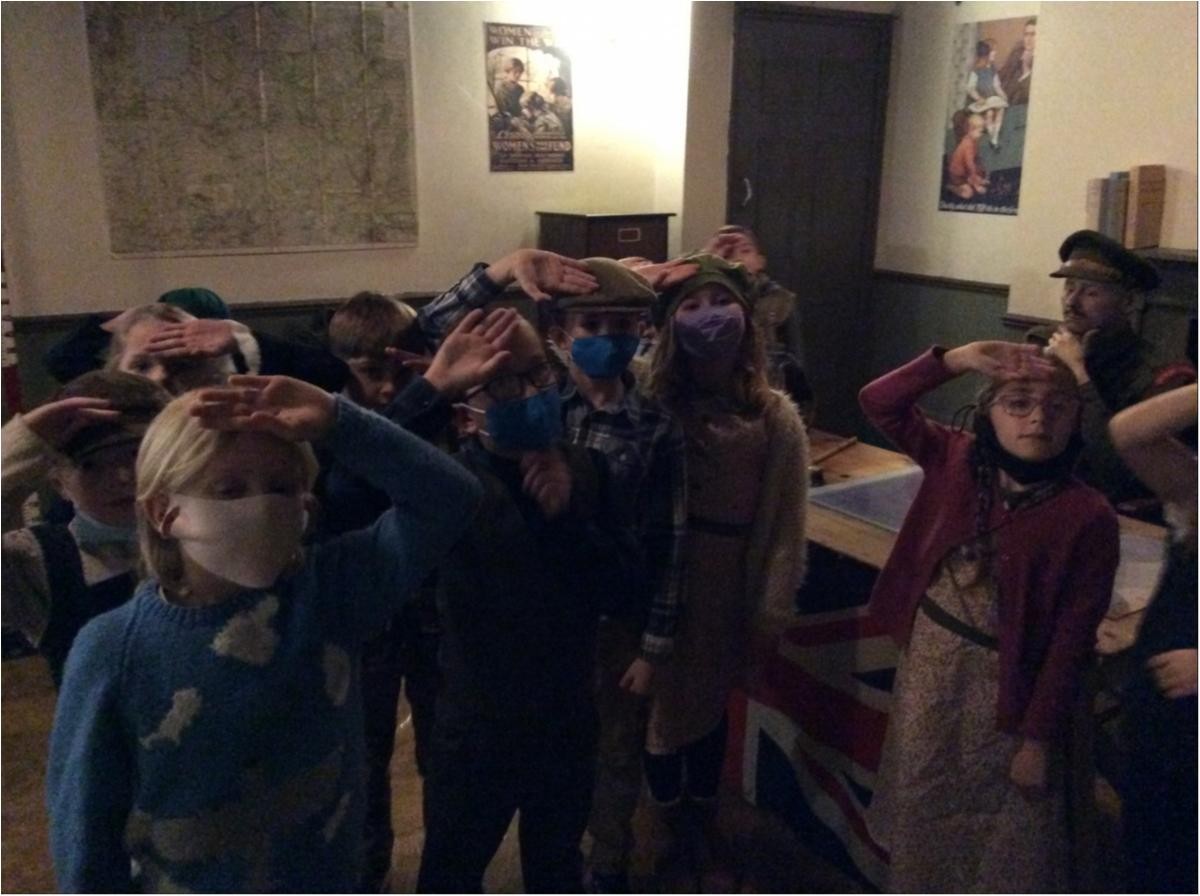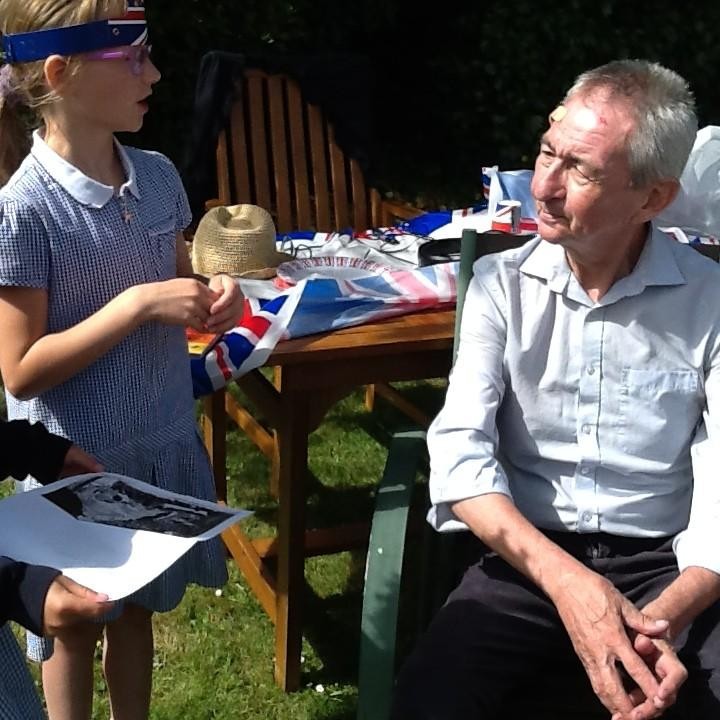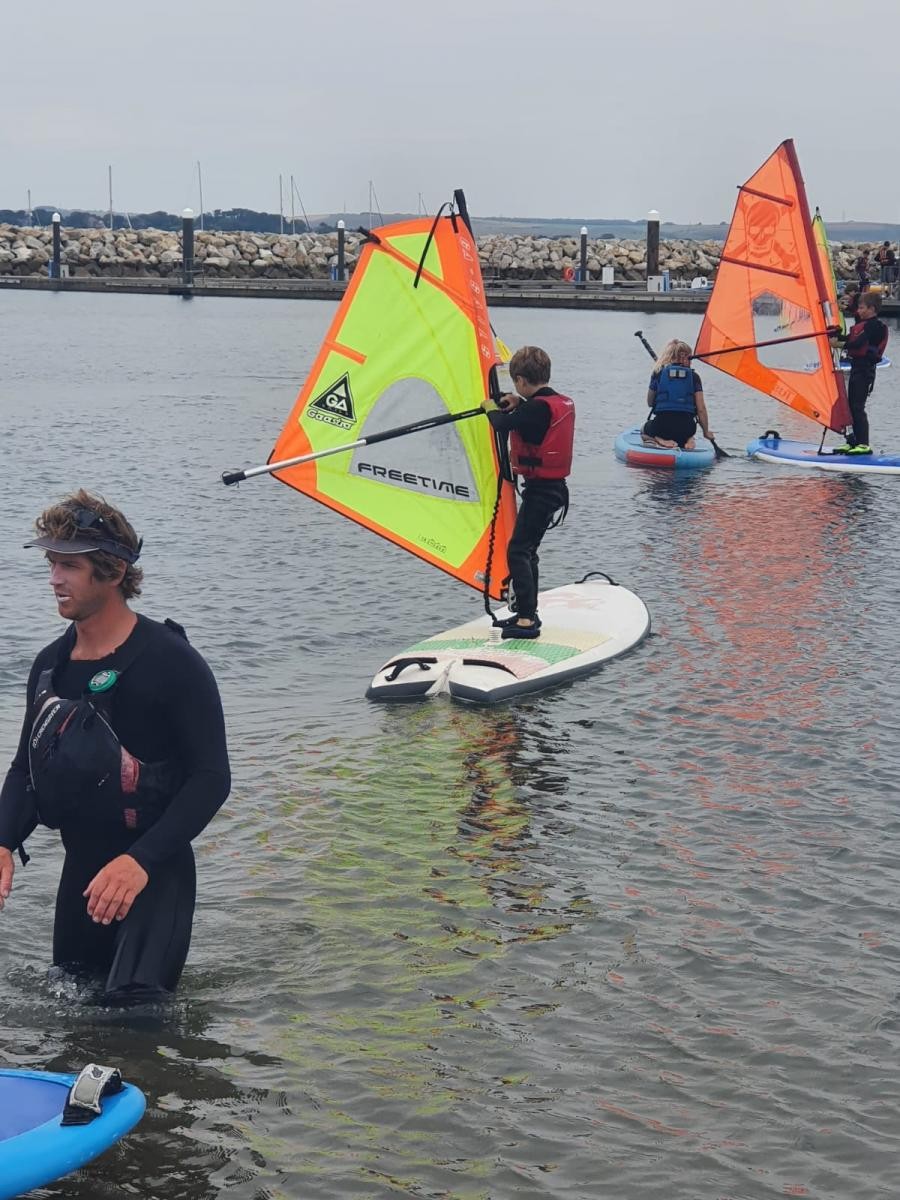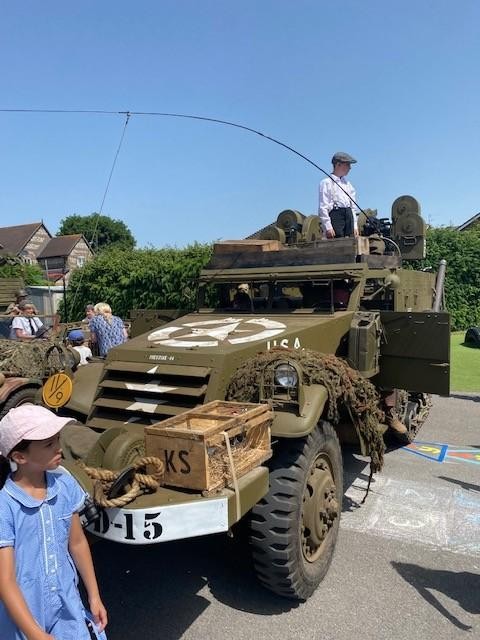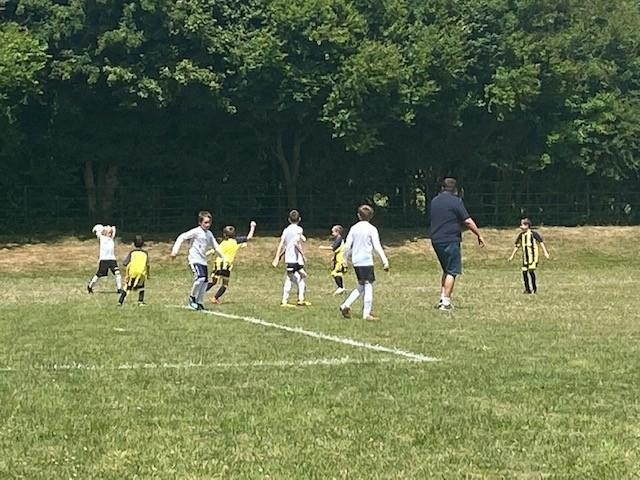This website uses Google Translate
You cannot use this feature without first accepting 3rd Party Cookies.
This website uses Google Translate
You cannot use this feature without first accepting 3rd Party Cookies.
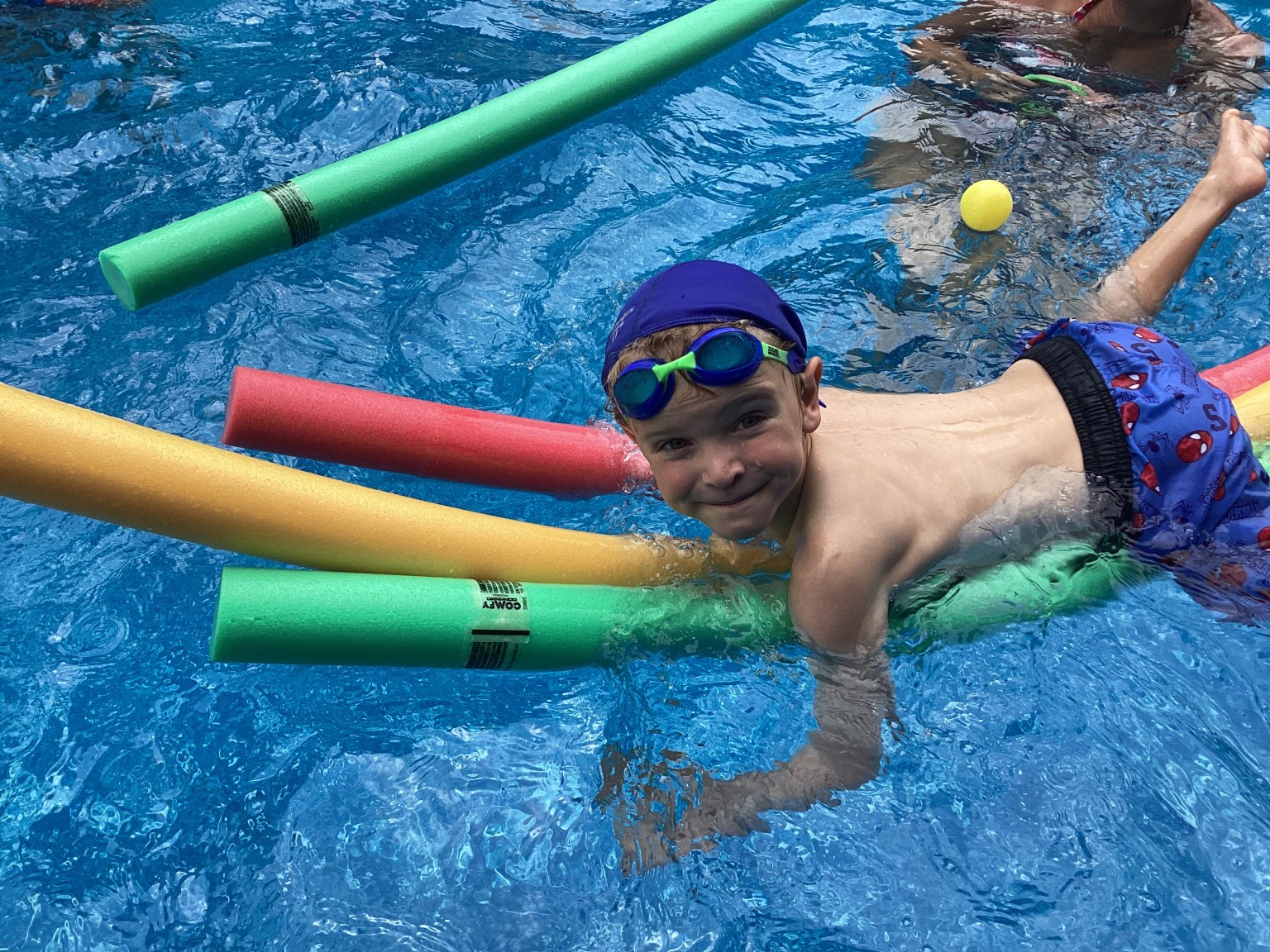
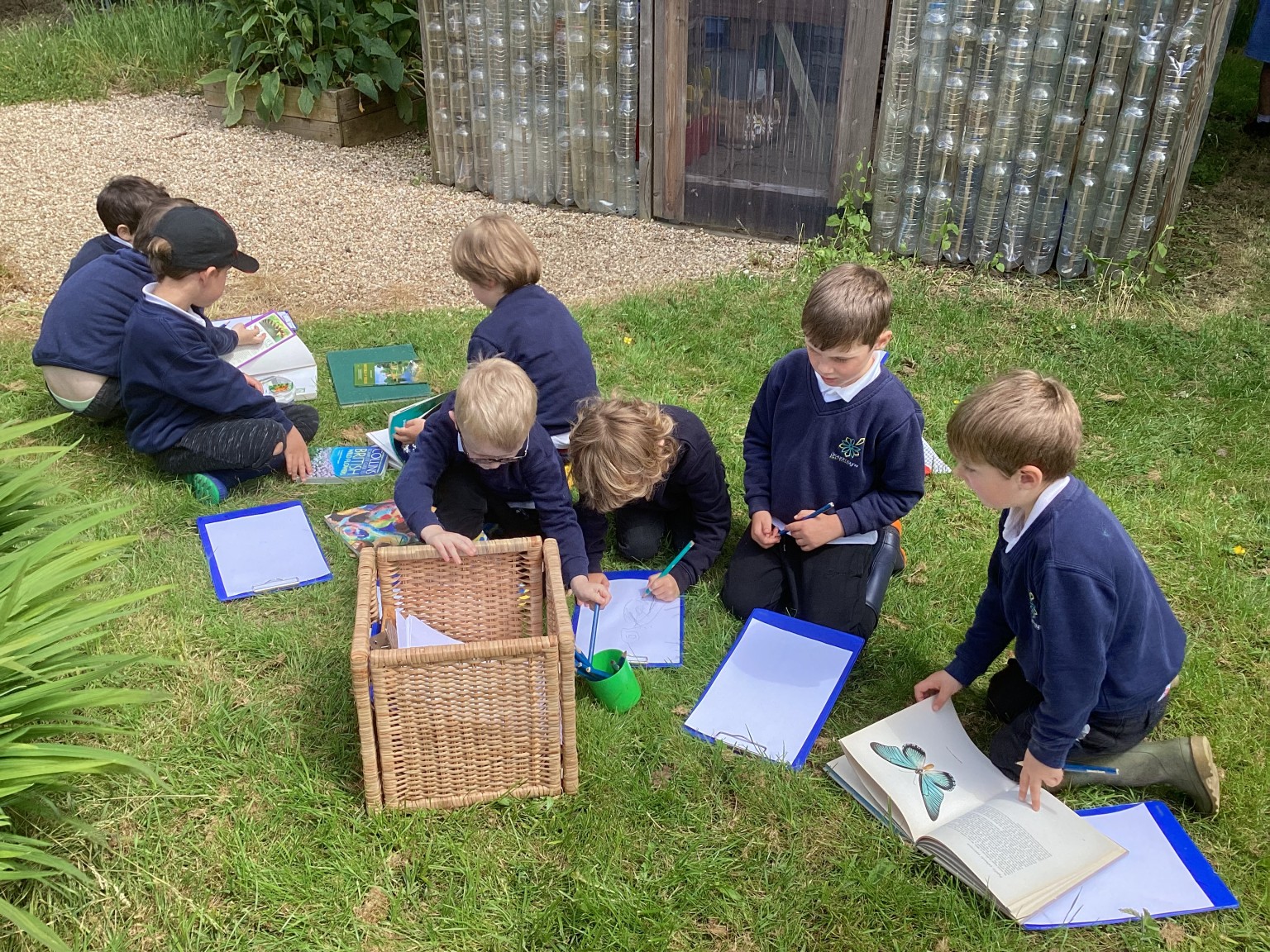
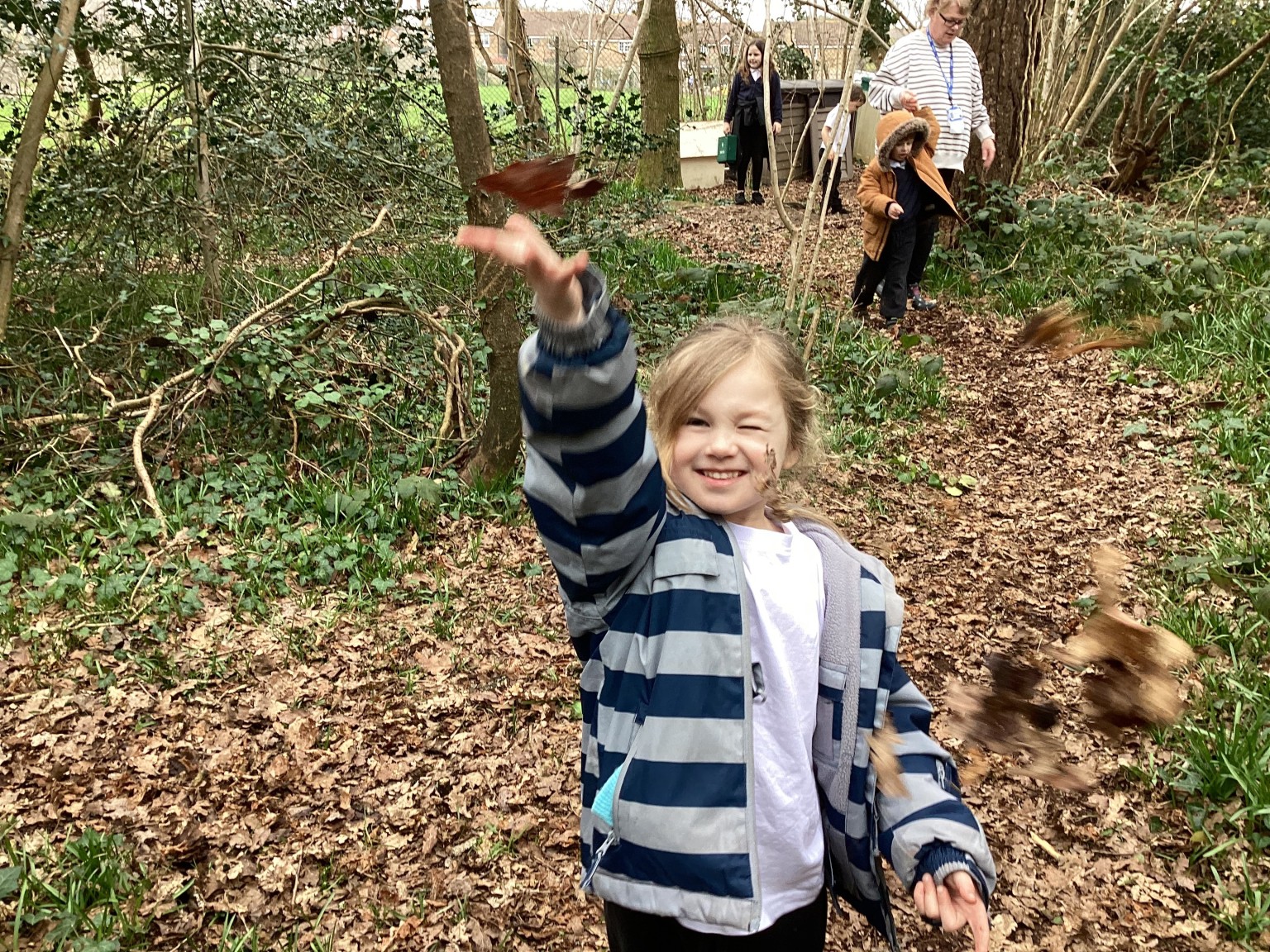
You cannot use this feature without first accepting 3rd Party Cookies.
You cannot use this feature without first accepting 3rd Party Cookies.
What do we mean by Cultural Capital at Broadmayne First School? OFSTED define cultural capital as: 'The essential knowledge that pupils need to be educated citizens, introducing them to the best that has been thought and said and helping to engender an appreciation of human creativity and achievement'
When we talk about cultural capital, we are referring to the accumulation of knowledge, behaviours and skills that a child can draw upon and which demonstrates their cultural awareness, knowledge and competence. It is one of the key ingredients a child can draw upon to be successful in school, society and their future careers.
Every family that becomes part of our school community brings their own knowledge and experiences that links with their culture, their wider family, and their own community. This might include language, religion, traditions, interests, travel and work. Cultural capital begins at home, then ripples outwards.
We know that when children's cultures are valued, their experience of learning and their progress can benefit, and at Broadmayne we seek to share and celebrate the cultures represented by all our families.
Cultural capital gives power. It helps children achieve goals, be successful and become socially mobile no matter what their starting point might be.
At Broadmayne we interweave cultural capital throughout our curriculum and beyond, recognising and celebrating the unique experiences each family brings to our community. We believe that allowing children to take part in new situations and experiences that they might not have met previously is an essential part of building their cultural capital.
Gradually widening children's experiences as they progress through the school ensures we provide a stimulating and engaging curriculum. We plan carefully for our children to have a progressively richer experience from reception class onward, for instance within our outdoor curriculum, trips out of the area, visitors to the school, sport and drama performances, and beyond. We believe that cultural capital should be experiential, and is not just a tick box on a lesson plan, and we seek to place it at the centre of the curriculum we plan for all our children.
